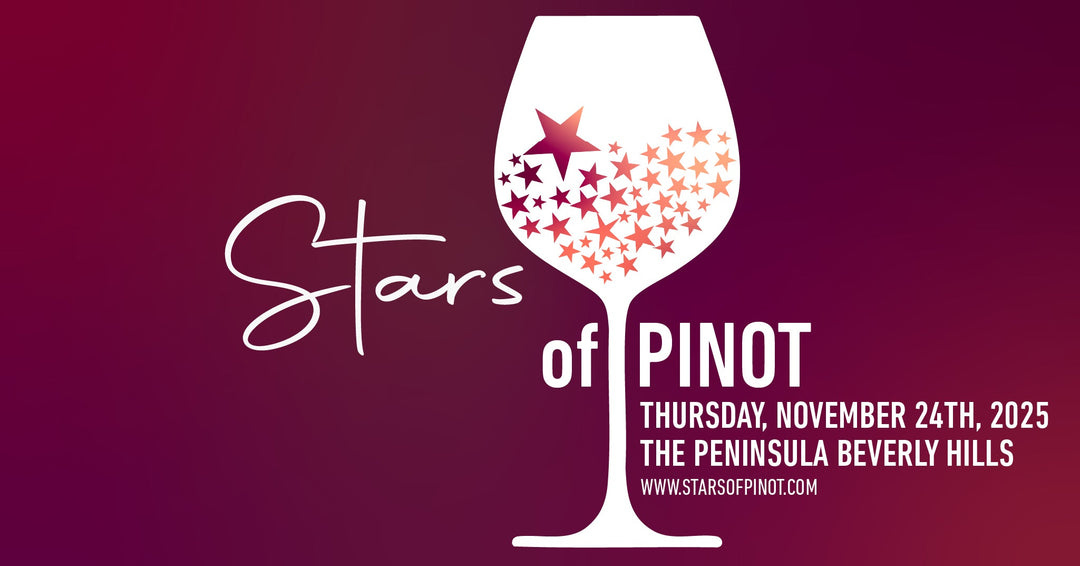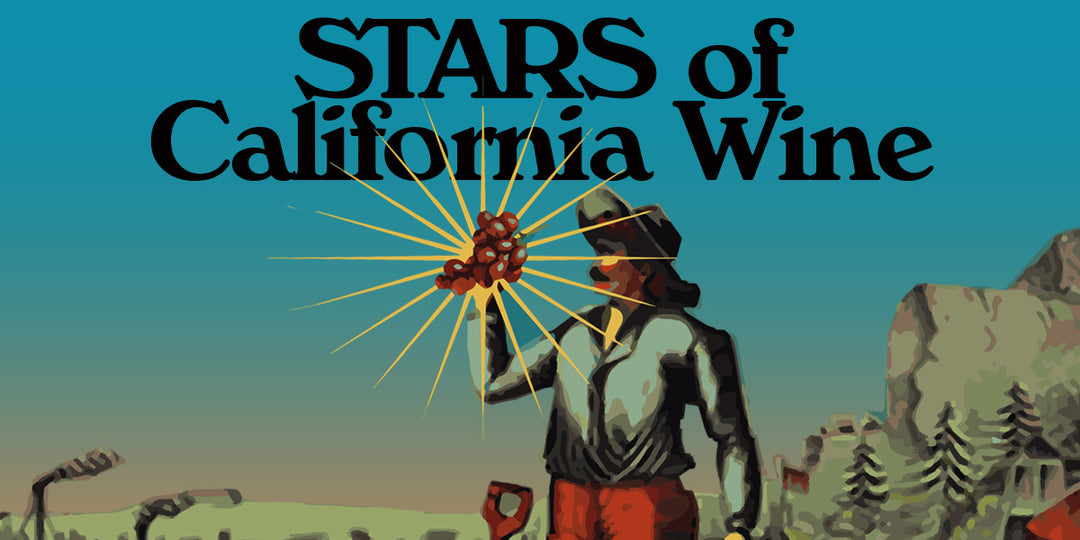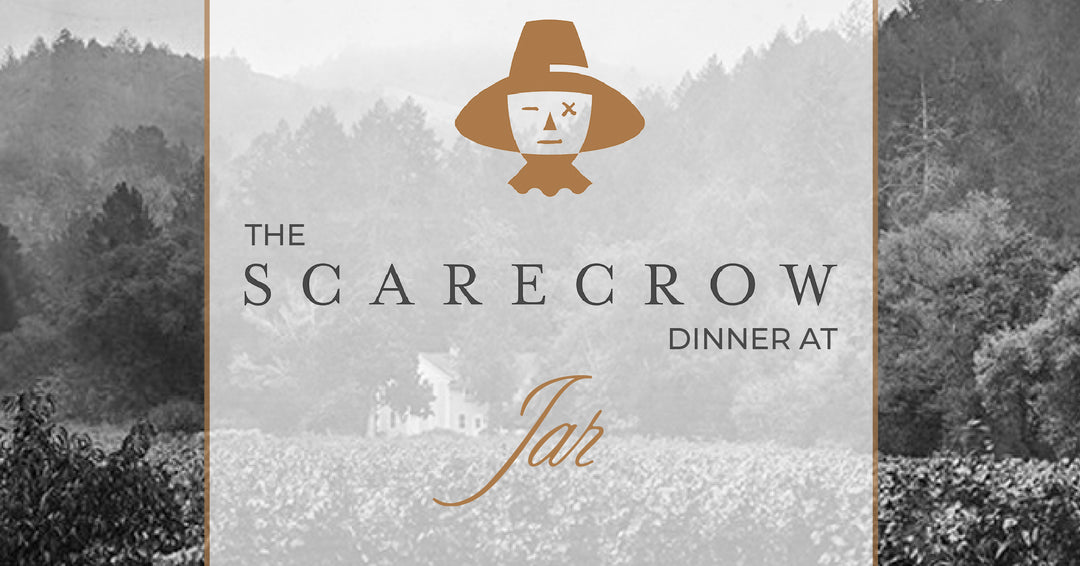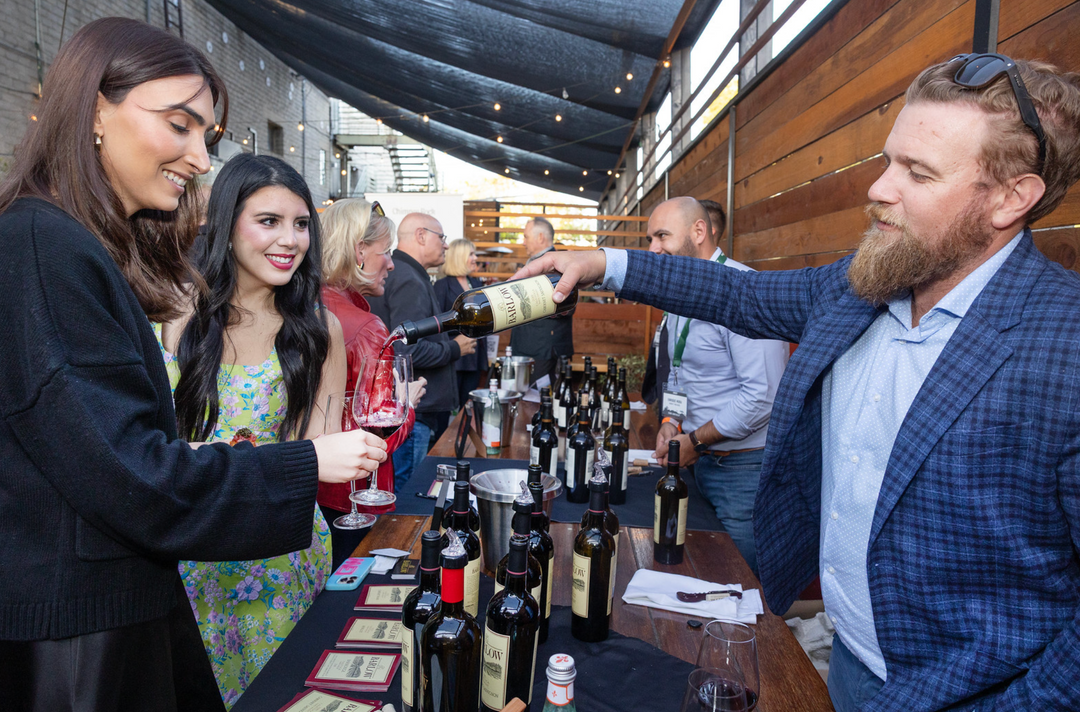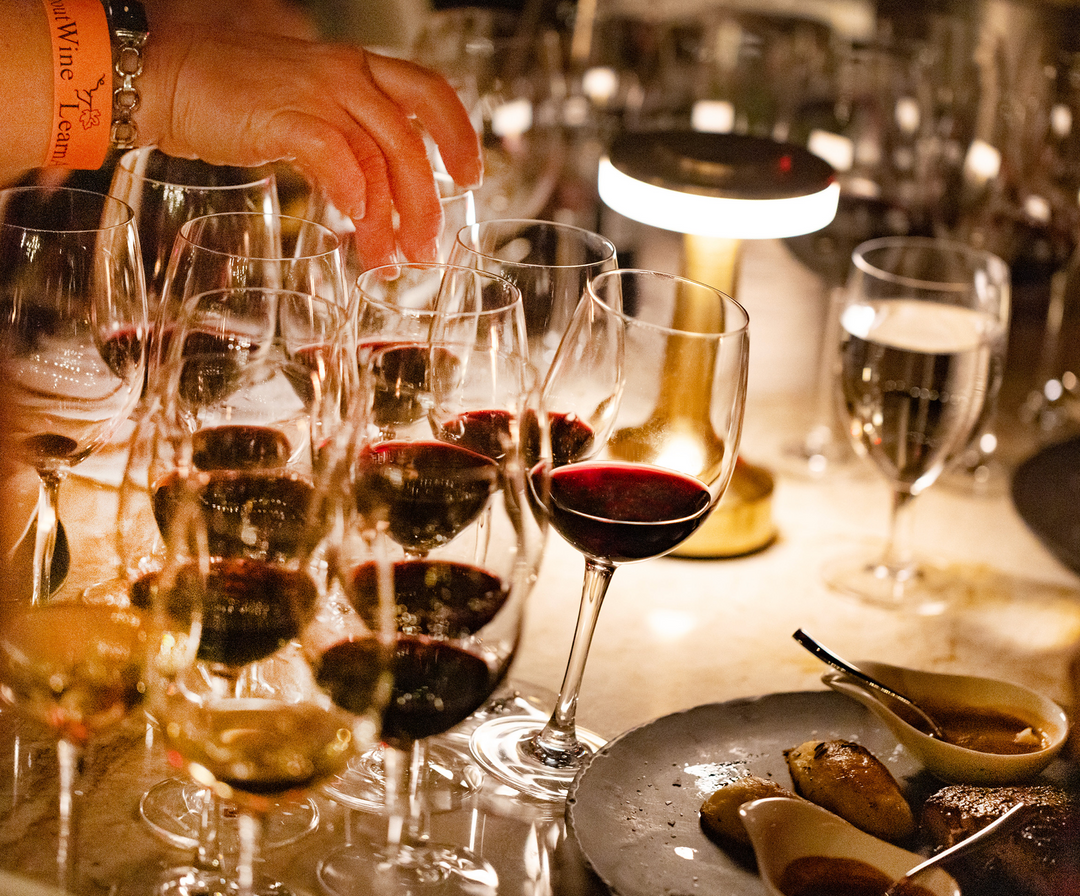Understanding Taste | How To Taste Wine
It has never been easier than it is now to learn about wine, as both the wine itself and the knowledge around it have become exponentially more available to the public.
There are several factors that will help you to become a better appreciator of wine and also to understand where you land on the spectrum of taste. Taste is deeply subjective and, for that reason, will always be an imperfect science. Every individual has a different capacity for and relationship to flavor, and of course, will have their own preferences in the diverse spectrum of wine varieties and styles.

What Are Our Limitations?
The experience of how to taste wine varies greatly person to person. The quantity of papillae on your tongue, for instance, is an important component in your capacity to detect the subtleties of wine. If your papillae are sparse, your sensitivity to flavor would be congruously low. The taste of wine may not interest you outside of hot and expressive reds. Too high of a concentration, and your impression may be too intense, drawing you to low alcohol content wines with more nuanced qualities.
There are other genetic and learned factors to taste as well—variants in the genes that control the perception of bitterness, for instance, can make tannic wines present as completely intolerable, and one’s experience of taste learned in their youth will have a strong impact on their interest in the many different flavor profiles in wine. What foods do you like or dislike, and why? Consider what connections those positive or negative sensations might have to the kinds of wines that you gravitate towards or avoid.
The Amateur Vs. The Professional
Knowledge and contextual awareness of the discourse surrounding wine, both past and present, will allow you to recognize different attributes and likenesses, and also expand your ability to attach your perceptions to descriptive language that will resonate with others.
The sociologist Antoine Hennion wrote that “Experts have learned to distinguish and assess the qualities of objects, whereas the indiscriminate amateurs could only access these qualities through the confusing prism of their moods, penchants and habits. The same qualities act upon both amateurs and experts, but only the latter’s experience and skills actualize what, to the former, remains virtual.” That is, the major difference between the professional palate and the everyman’s is that one has many tools to express their experience and one has very few.
While you may perceive that a wine has a dull quality, you may not yet have the language to speak about the relationship between acidity and sugar, or to discern whether a wine is either too dry or too acidic for your palate. Eventually, you can learn the different aspects that comprise a wine and the purpose that these properties serve in the bottle.

How To Taste Wine
The best way to learn is to expose yourself to different varieties, regions and winemakers. You will learn about wine much faster if you taste multiple wines and compare them. If you can, also taste different vintages of the same wine together. Take notes. When you sit down to have a glass with dinner, take an extra second to smell, taste and think about the wine and how it interacts with what you're eating.
Try not to be intimidated by the language of wine tasting. In a recent interview, the popular sommelier André Mac Breton offered this advice: “Say the first thing that comes to mind. What does that remind you of? We can always figure out what that is. You know: This reminds me of my grandfather, when he would hug me and he would have some cigarillos in his front pocket, and I would smell cedar, or tobacco. Or if you think it smells like Big League Chew, say that.”3
You don’t have to know everything about how to taste wine to start thinking more deeply about it. Our online wine classes are a great place to start—Learn About Wine provides spaces where you can compare your thoughts with other people at your level in a structured environment. We offer online wine classes at several levels of complexity, whether you are hoping to start building a career or just getting into wine for the first time.
If you'd like to learn more about Learnaboutwine.com classes, click here!
By Maxx Paul Hillery and Ian Todd Blackburn


